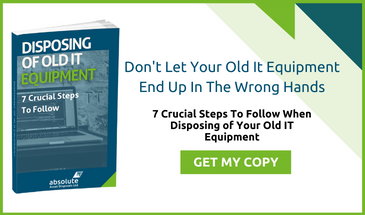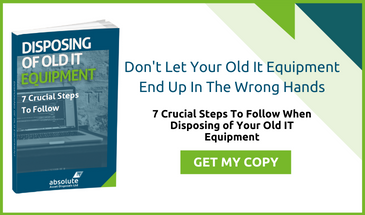
Can your business continue if disaster strikes? Having an effective plan to protect your sensitive data in the event of a disaster is a necessary part of any IT data security strategy. Unfortunately, there are many grey areas of data protection that can threaten a solid plan. For example, it may be difficult to define which data is important and which is urgent. This article will provide tips on how to identify sensitive data and set up a protection plan that works for you.
Defining Your Data
Before you can understand what you’re protecting, you must first define the data being protected. Once you do this, you will be in a better position to know which data is and isn’t critical to your company’s safety. For example, although it may not seem so, the financial data held in your system could be the key to your company’s survival in the event of a disaster.
Important Or Urgent?
Once you’ve got all of the data you’re protecting identified, you can then decide which items are urgent and which are important. Unstructured data is important, but not urgent, i.e. it will not help you to recover quickly from a data breach. It’s the structured data like contracts that need to be protected, as if lost, they could cost your business a lot of money.
Some of your company’s documents may also transition between urgent and important. A contract is a document that’s far more sensitive at the beginning of negotiations than it is once all the signing and dealing has concluded. What of the documents associated with contracts? Some of these may be able to be destroyed following the close of a deal as well.
What You Can Destroy
The Data Protection Act determines what documents need to be kept and which can be destroyed. Those documents include anything which will accompany a contract for its full term. Although you may need these documents during the course of a contract, once it’s done, they can be destroyed. There are also other documents that should never be destroyed. These include any documents related to open loans, shareholders and other information that is considered to be core to your company.
Of course, you should never destroy any document without the help and advice of an asset disposal company like Absolute IT.
What To Expect From Our Professional Data Destruction Specialists
Absolute IT engages in all manner of data destruction and sanitisation tasks. Not only are our experts well-versed in data protection law, but they also ensure you’re provided with a secure means to store data slated for destruction, so that it isn’t exposed to unauthorised parties.
Get in touch to chat to our team about your requirements, or for a free quote.












